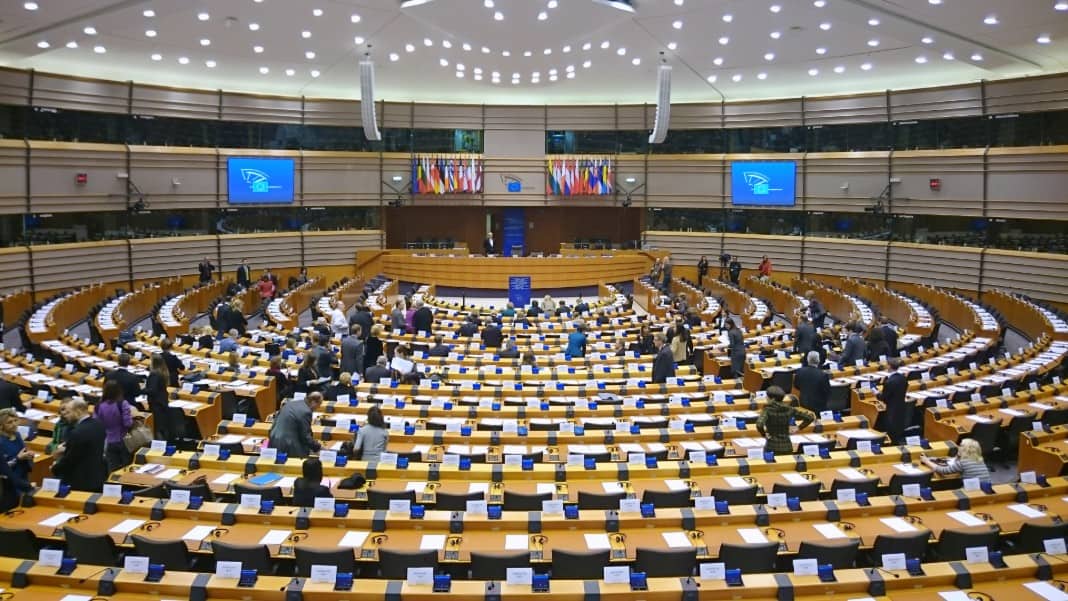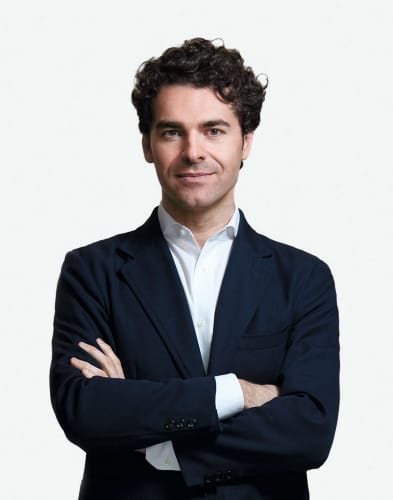European Lobbying, a system in need of change ?

FOR

Alberto Alemanno A graduate in law from Harvard and the College of Europe, civic entrepreneur and founder of The Good Lobby, and a specialist in citizen engagement, he is a professor of law at HEC. His book, Lobbying for Change: Find Your Voice to Create a Better Society (Icon Books, 2017) advocates more citizen lobbying.
Alberto Alemanno, founder of The Good Lobby
“There is a systemic problem in the way society’s interests are represented in the eyes of decision-makers.”
On paper, the European Parliament listens to all stakeholders, but in practice, business interests are heavily over-represented. 75% of the meetings organized in Brussels between public authorities and stakeholders are, in fact, with private-sector lobbyists. The remaining 25% is shared by NGOs, citizens, trade unions, and public bodies. So, there is a clear imbalance between the resources invested in lobbying by the private sector and those of other actors, even if some NGOs have a large budget. Change is needed, because there is a systemic problem in the way society’s interests are represented in the eyes of decision-makers, particularly at the European level.
The weight of civic responsibility
In my opinion, the right approach is not to prevent private sector lobbying but to counterbalance its influence by promoting citizen lobbying. More lobbying for better lobbying. We have to be creative. I envision a lobbying-assistance service, so that a citizen need not be a lawyer or a communicator to influence European policy. A lobbying expert — publicly funded — could provide strategic advice to citizens, much like a court-appointed attorney assists people who cannot afford to hire their own lawyer. Imagine a situation where a group of residents in a French city wants to organize an advocacy campaign to reduce car use and create a bicycle path: they could fill out a form and receive funding and the help of a lobbying expert.
Here’s another idea: why not transfer some resources to European families — €100, let’s say — for them to invest in an NGO (or get involved with that NGO directly)? I also advocate the development of skills volunteering, which encourages companies to release their employees for one or two hours each week to work for a cause that is dear to them. The objective is to create a national and European civic network — just as we have networks for water, energy or transport — because civic engagement should go far beyond the simple act of voting.
It was with this in mind that I launched The Good Lobby, a civic start-up that aims to democratize lobbying by offering free services to NGOs that lack the resources or skills they need. All these new tools would add to the instruments of citizen participation that already exist at the European level (petitions to Parliament, citizens’ initiatives, complaints to the European Ombudsman, public consultations, comments that citizens can make, etc.), but which are still too little used.
AGAINST

HEC graduate (class of 2009), administrator at the European Commission, then responsible for the implementation of the code of conduct by European parliamentarians, he is currently working in the European Parliament’s Directorate-General for External Policies, where he is in charge of interparliamentary relations with the Eastern Partnership countries.
Florian Carmona (H.09), European official
“The work done by lobbies is necessary And there are effective safeguards in place.”
It is easy to decry the influence exerted by lobbies on MEPs, as their action seems opaque and biased. There is some risk of influence that is unethical or contrary to the public interest, but it must be borne in mind that the activity of pressure groups in Brussels is governed by legal obligations, which constitute an effective safeguard. The Transparency Register, in particular, lists all the organizations seeking to exert influence on EU policy. It identifies the interests that are represented — by whom and with what budget — and enables citizens to monitor the activities of lobbyists over the Internet.
In practical terms, all lobbyists seeking access to the European Parliament must have a specific access badge. To get it, they must be on the Registry, have provided the required information, and keep it up to date. Since 2018, MEPs who so wish have also been able to publish a public statement listing the representatives of pressure groups they have met with to discuss a particular subject. This helps identify the “legislative footprint”, i.e. the influence of a particular lobby on the legislative process.
The choice of expertise
Currently, the European Parliament, the Commission, and the Council are negotiating to make this declaration mandatory, and the matter should be decided during the next legislative term, which begins in July. And there is a further mechanism designed to avoid conflicts of interest: each MEP is required to submit a declaration of financial interest, which lists his or her professional activities. Members who engage in such an activity outside the realm of politics are prohibited from lobbying in relation to the European legislative process, during their term of office and for two years after it comes to an end.
Given that these regulatory instruments exist and operate satisfactorily, restricting lobbies’ access to Parliament is not justified. Indeed, the work done by lobbies is legitimate, necessary, and democratic. They bring the voices of a part of society to the table and help MEPs identify particular issues. In the European Parliament, MEPs are divided into various committees and delegations (employment, environment, transport, external relations, and so on). That legislative work requires a high degree of expertise: to introduce an amendment on a very specific legislative text, it is necessary to have precise knowledge of subjects that are sometimes complex. And no MEP is a specialist in all areas. So, in addition to their own research, MEPs meet with lobbyists in order to understand the issues at stake in a given area. If a directive on banks is being prepared, it is only natural for MEPs to come into contact with lobbyists from that sector.
Published by Cyrielle Chazal

